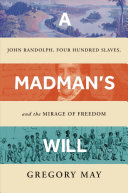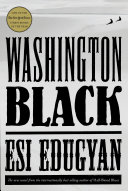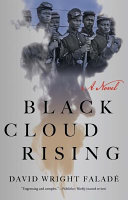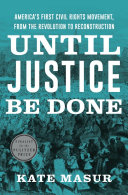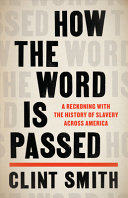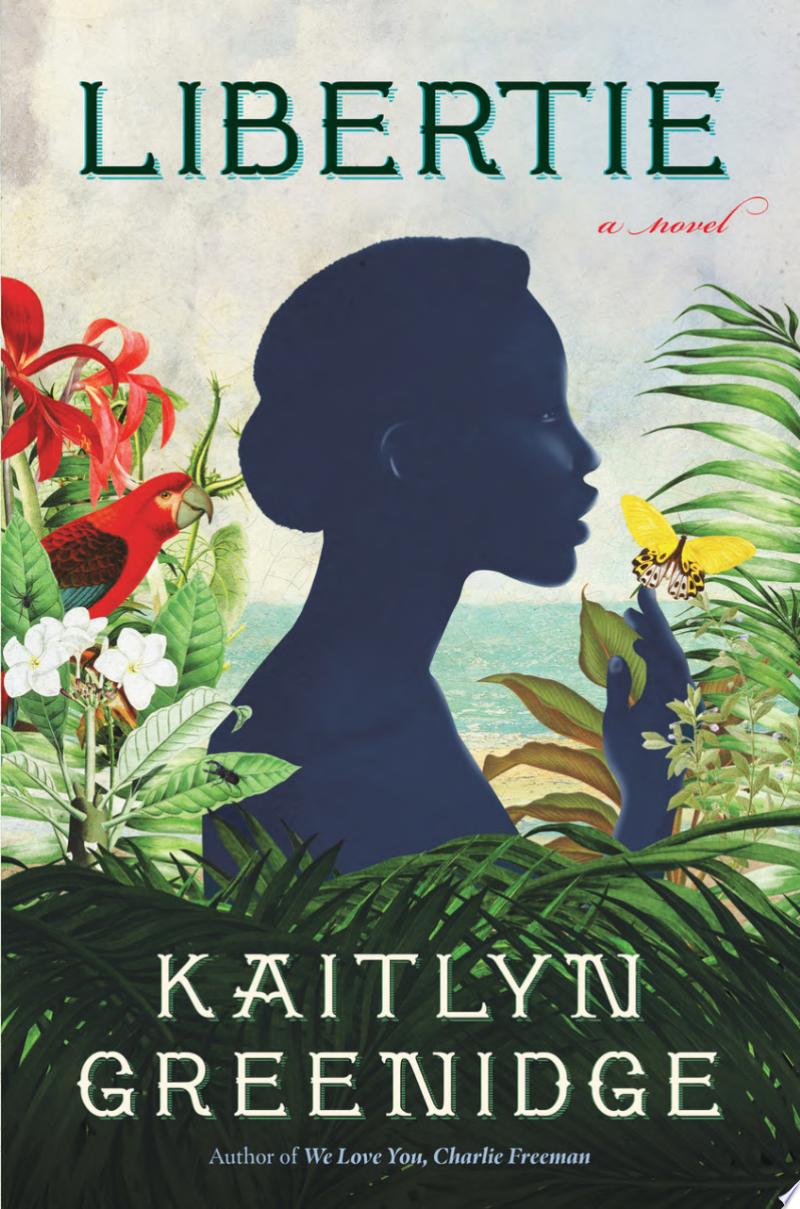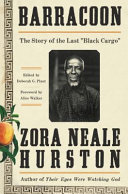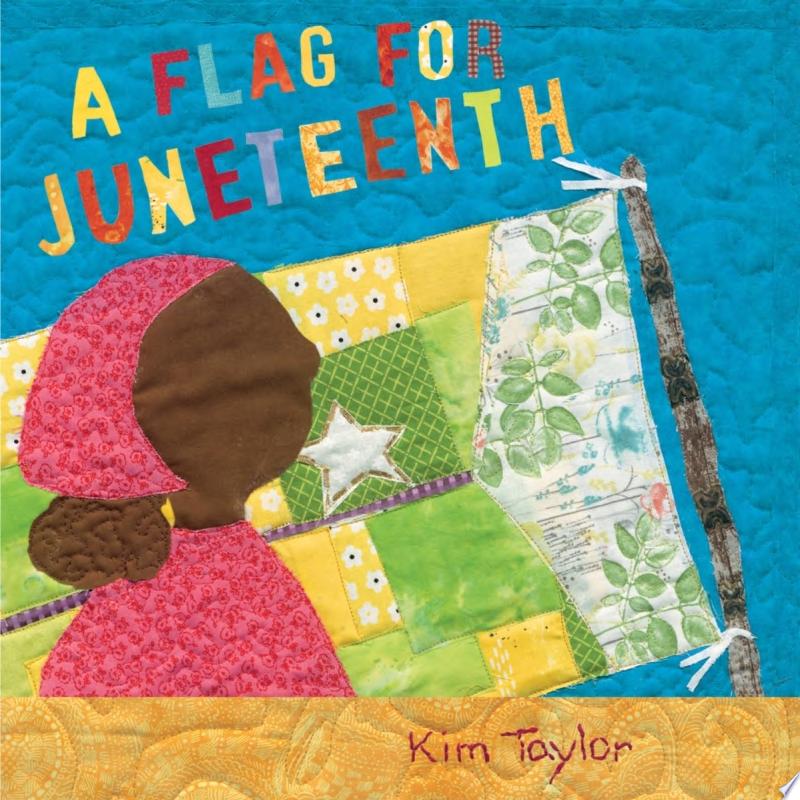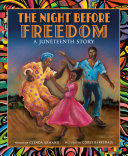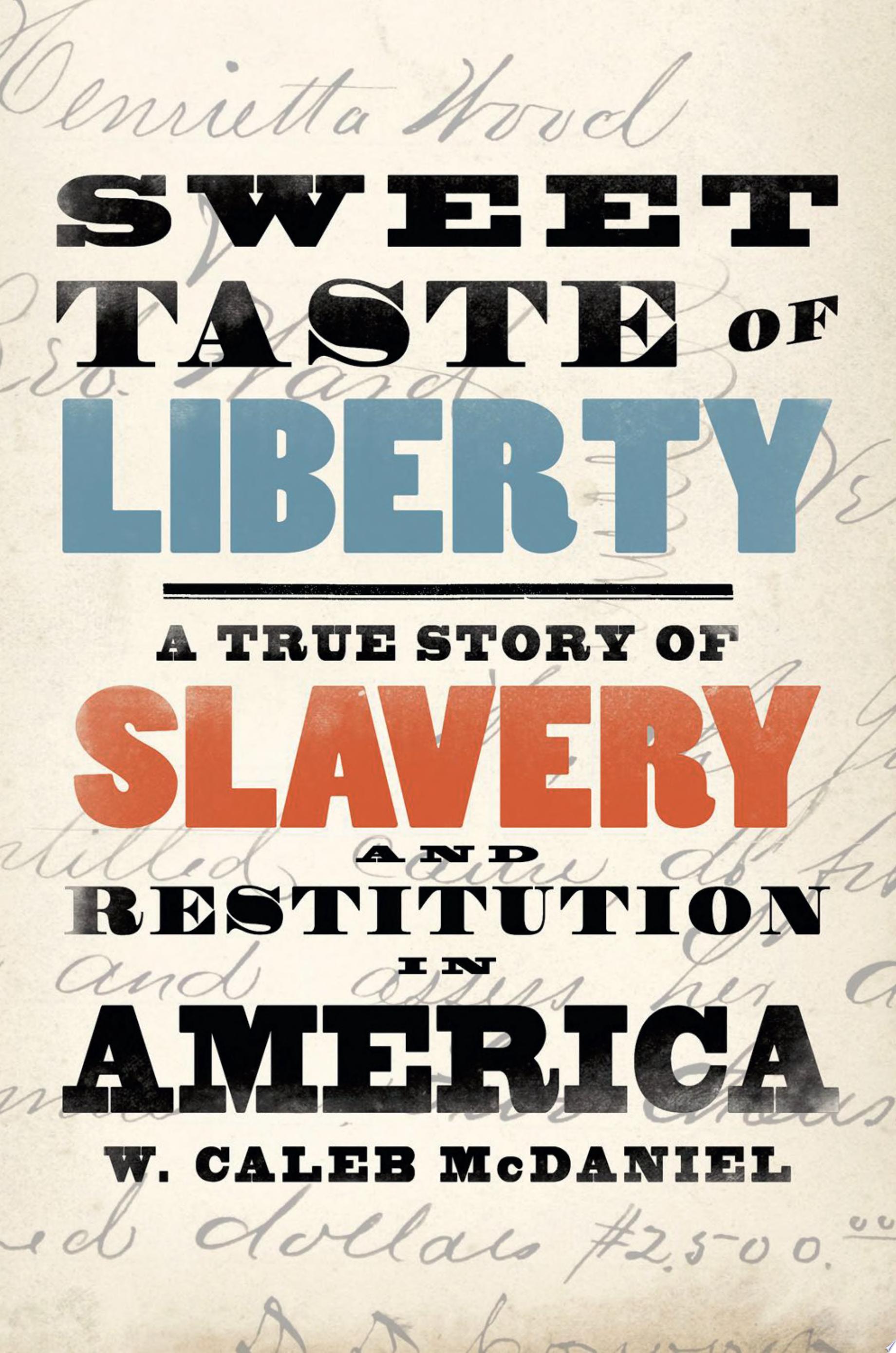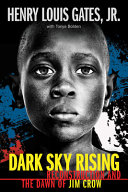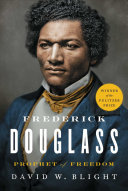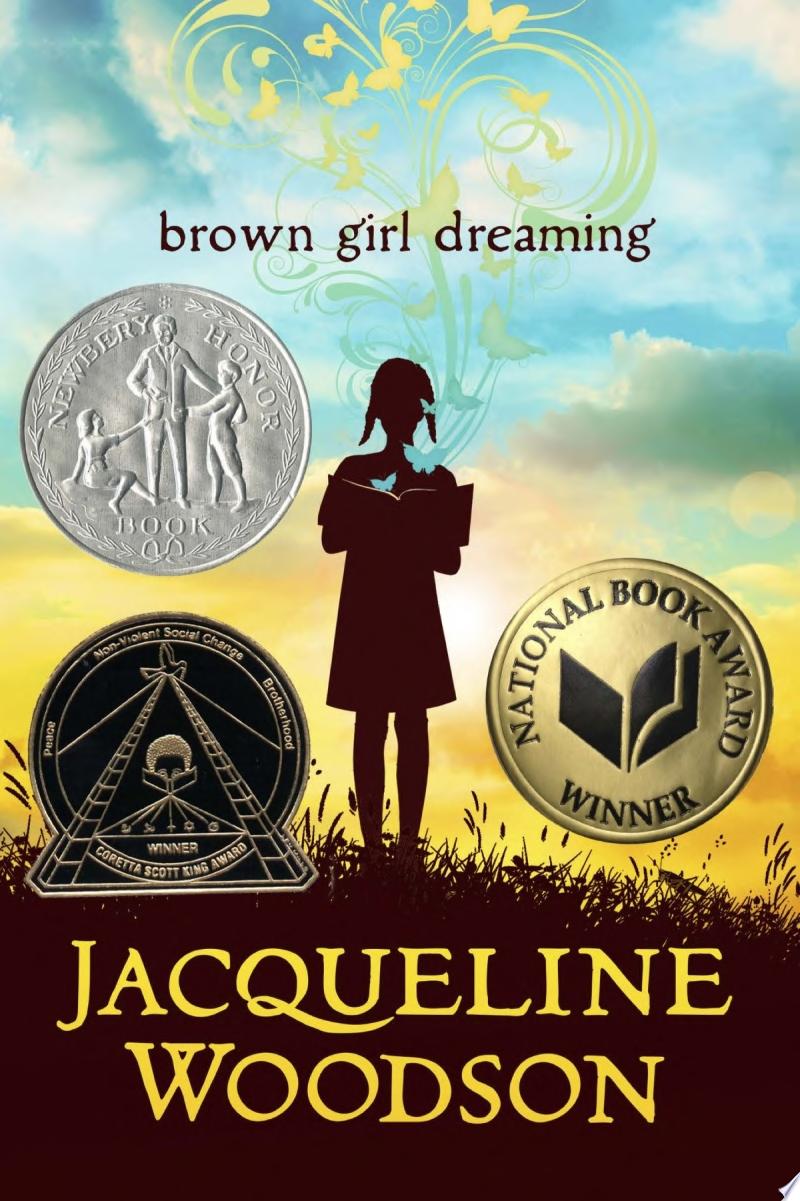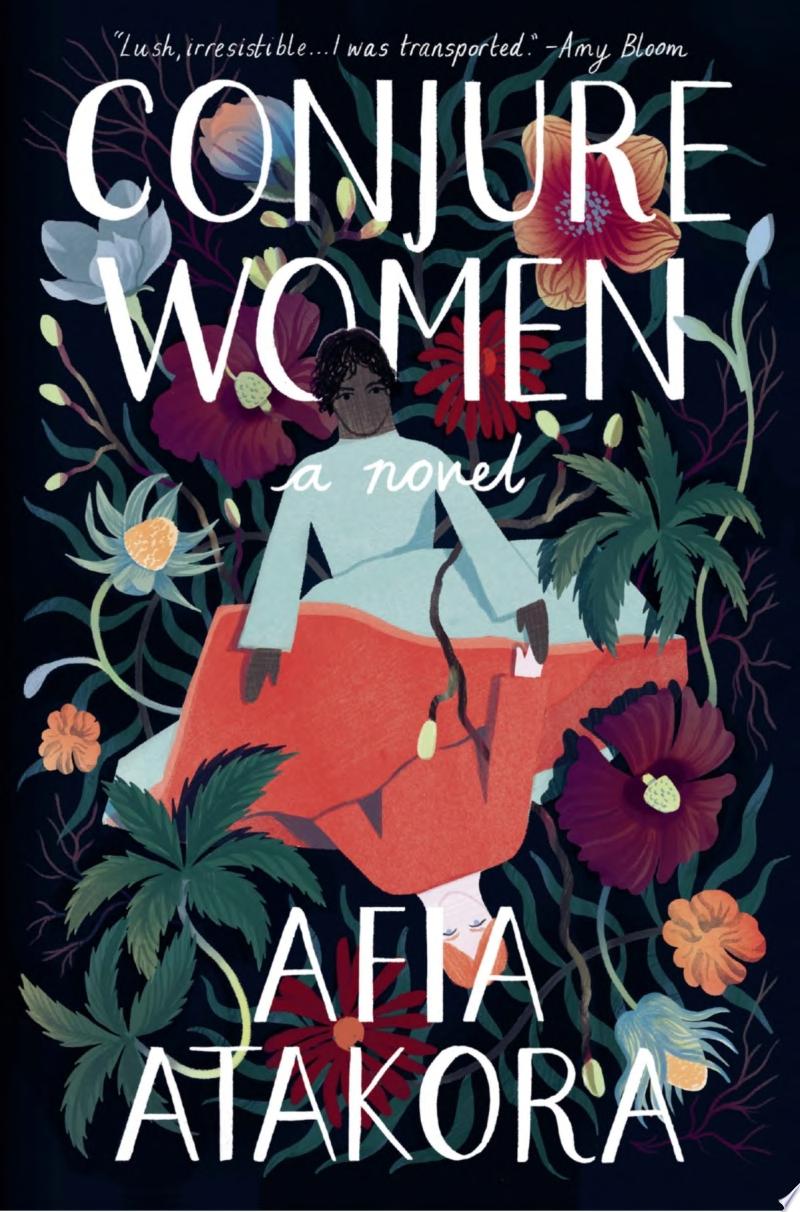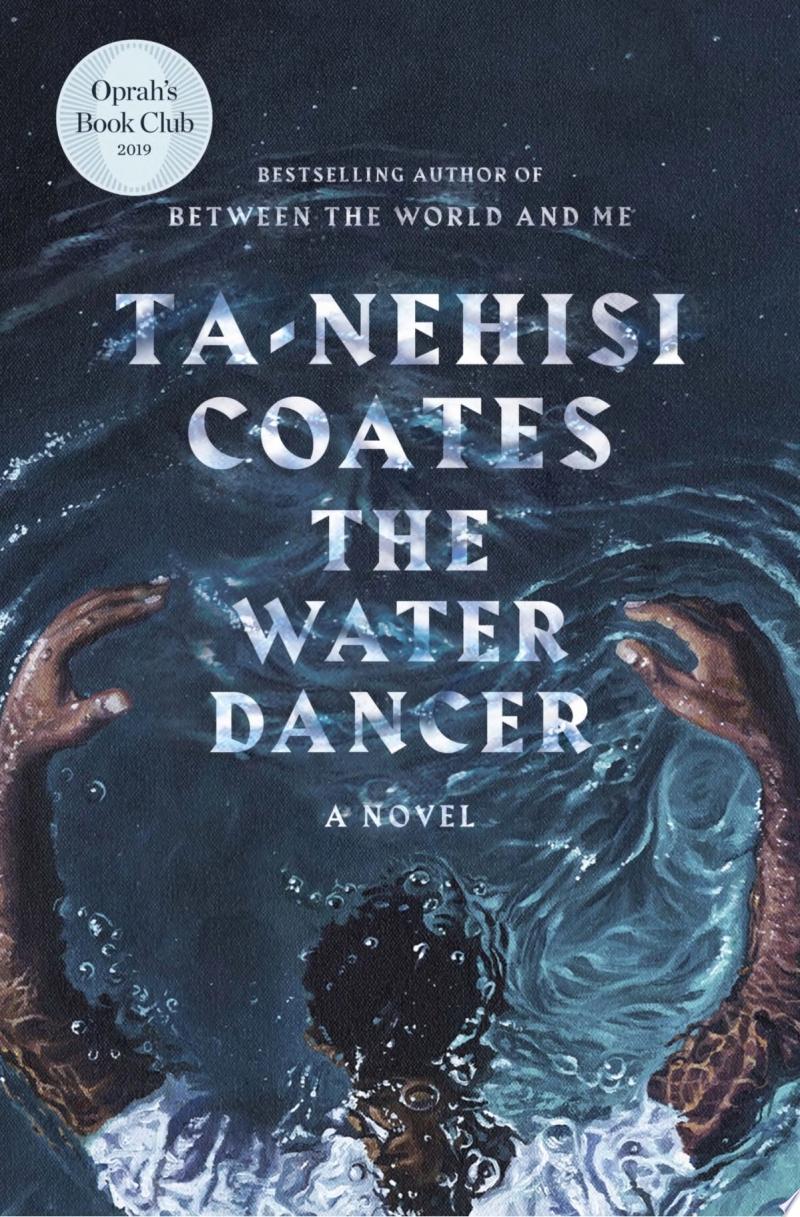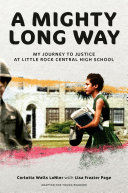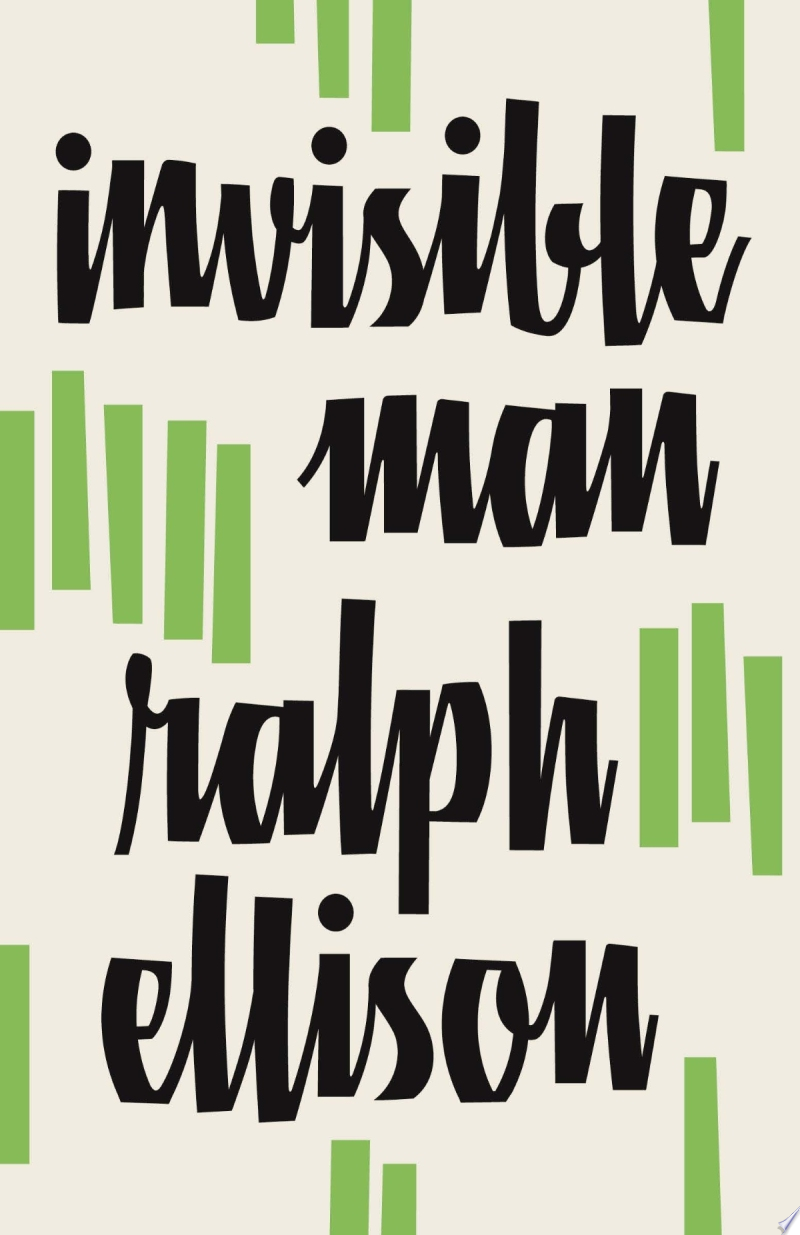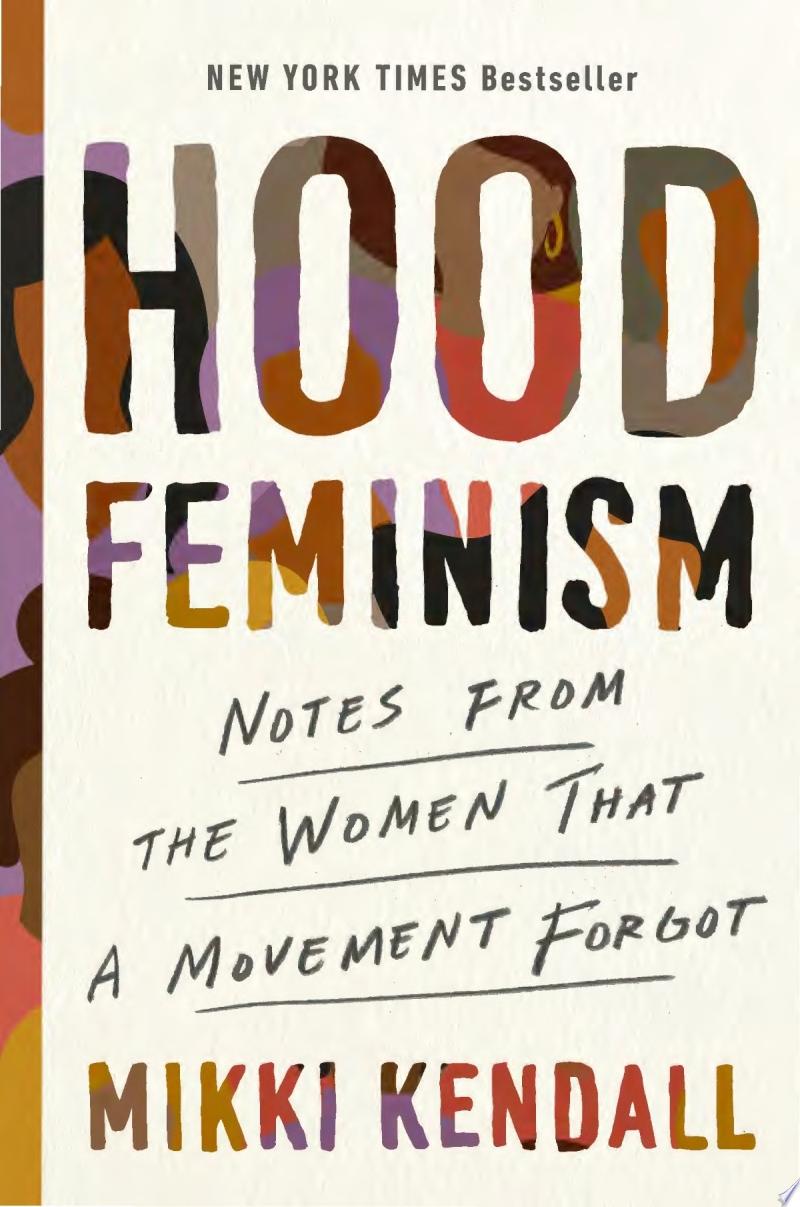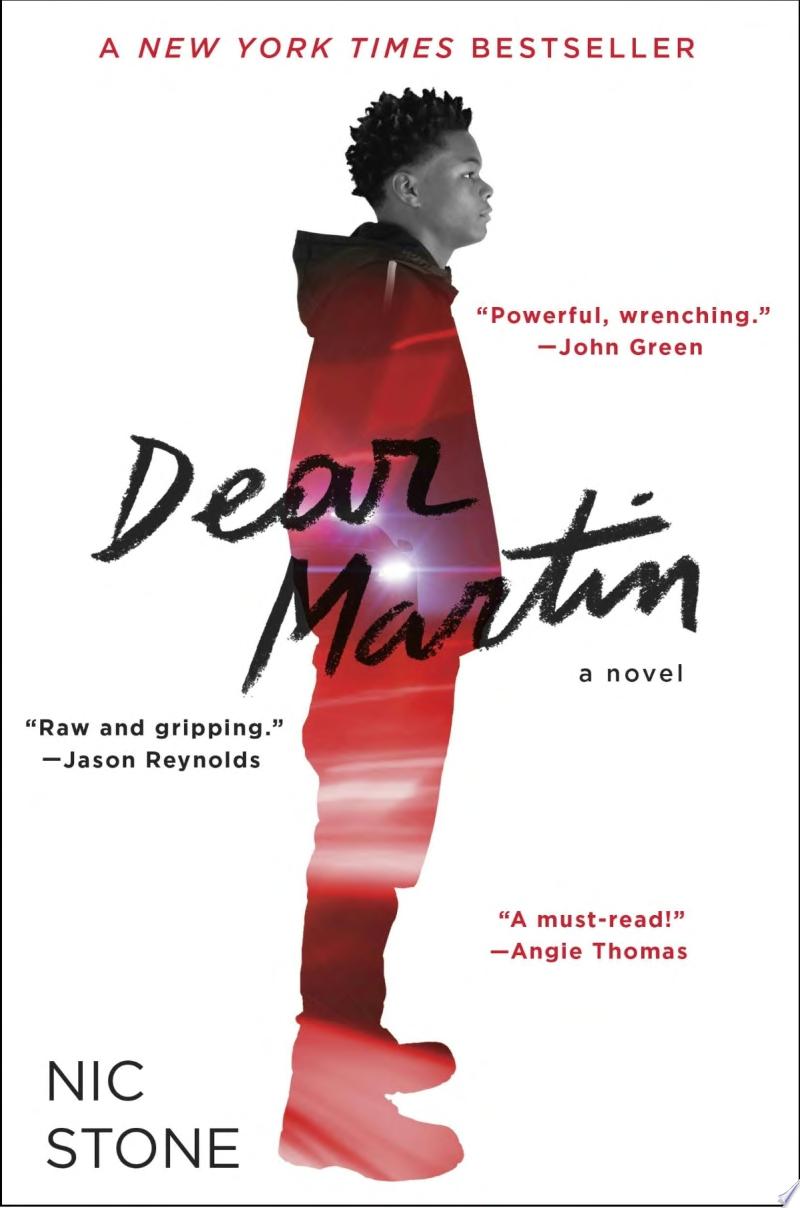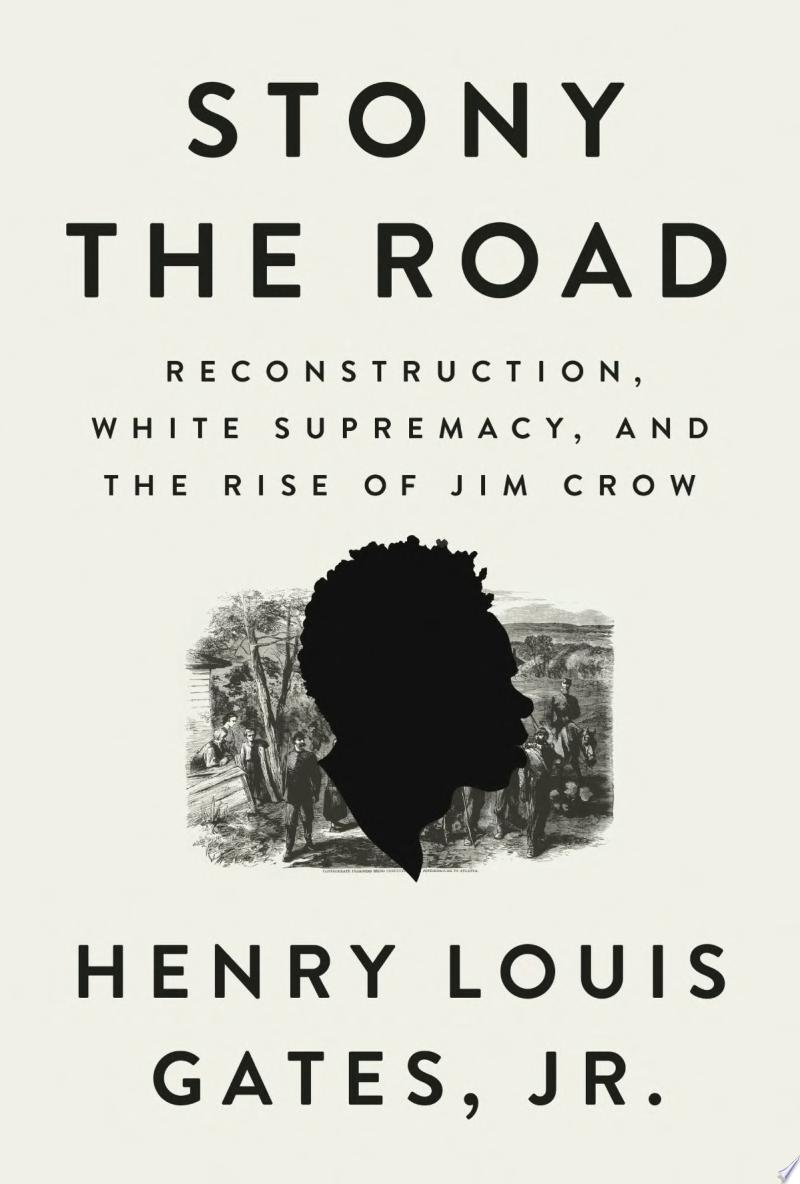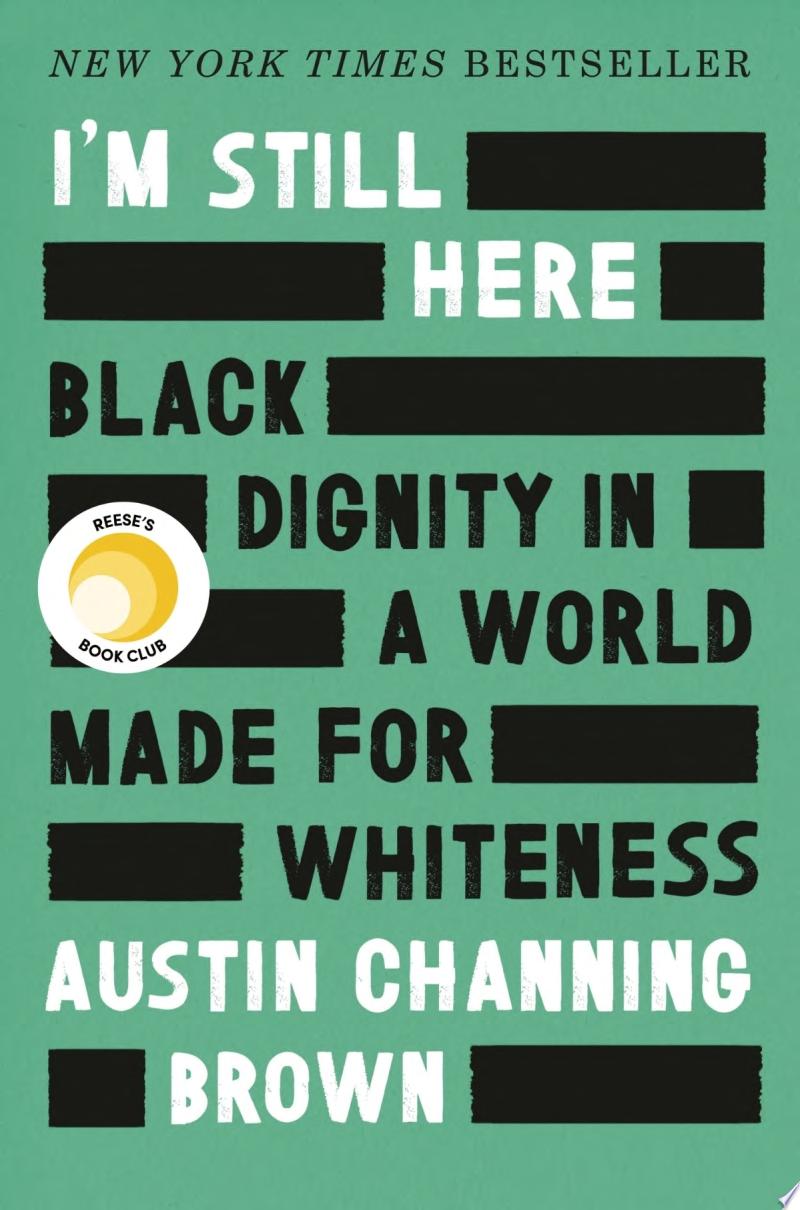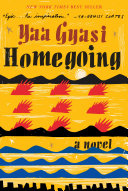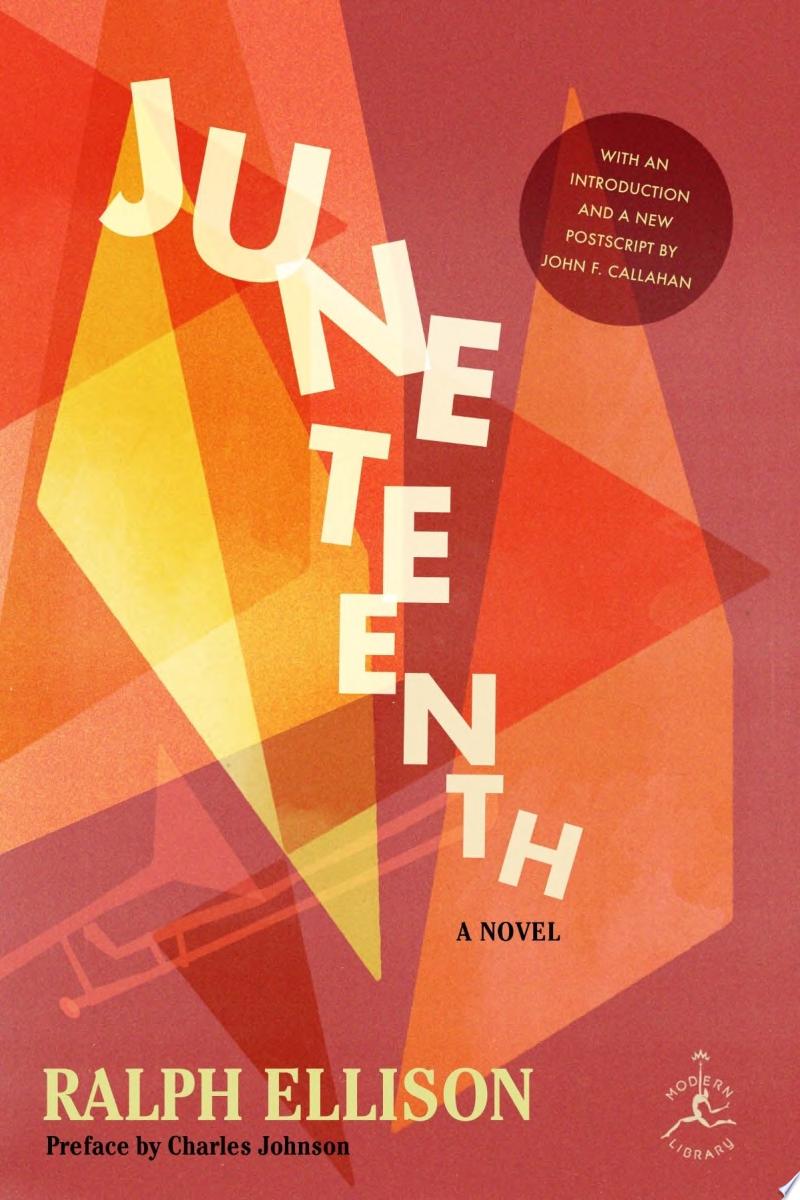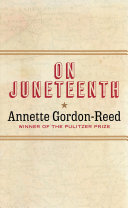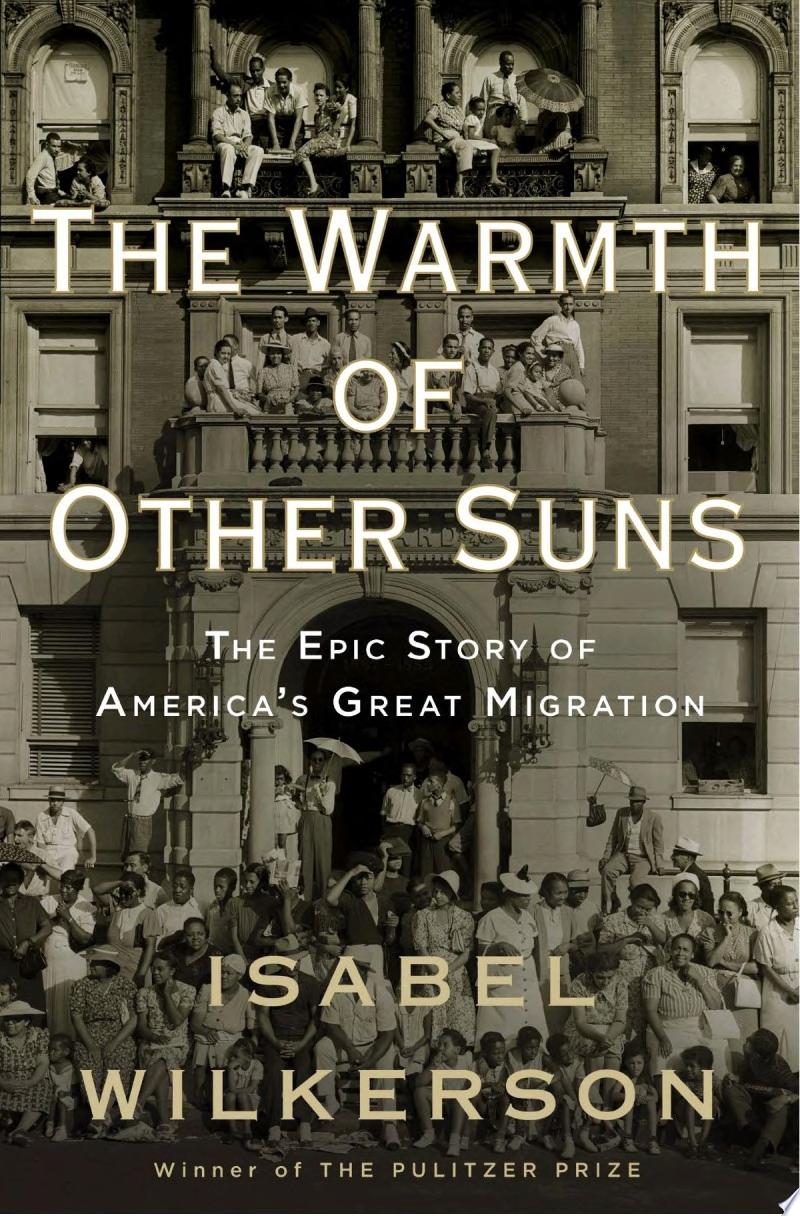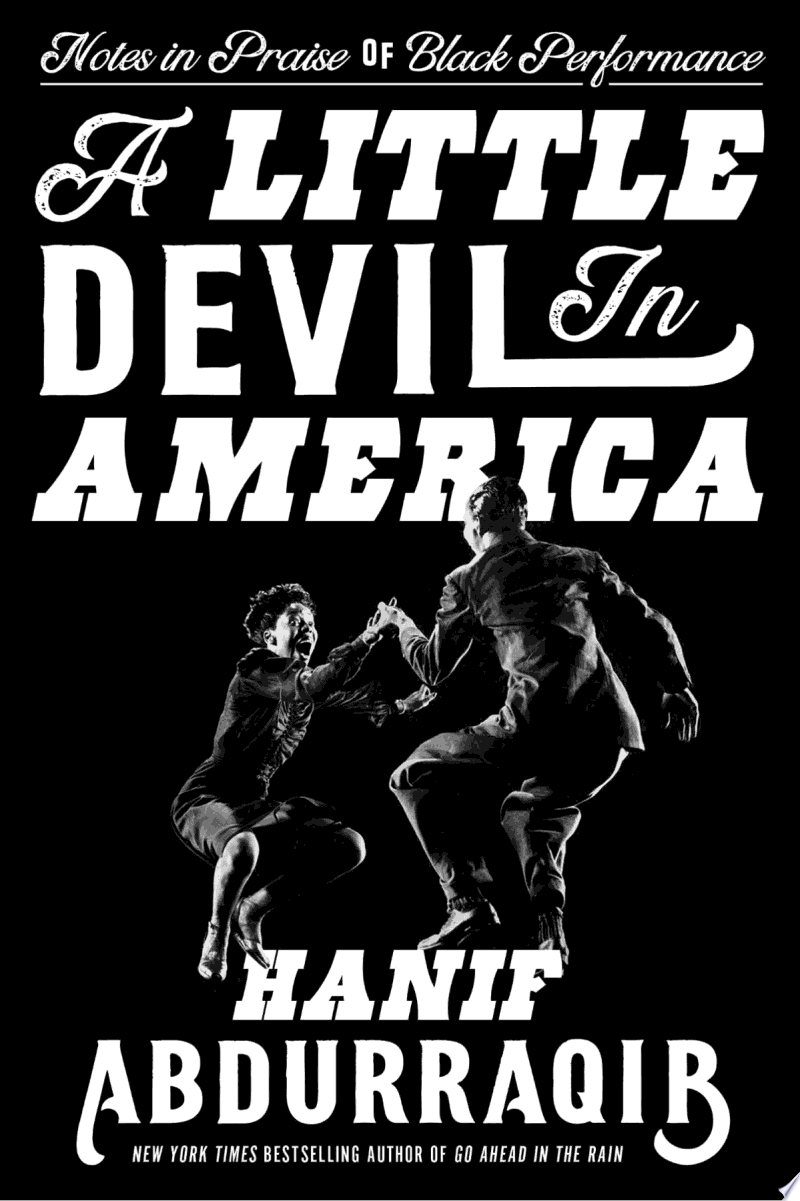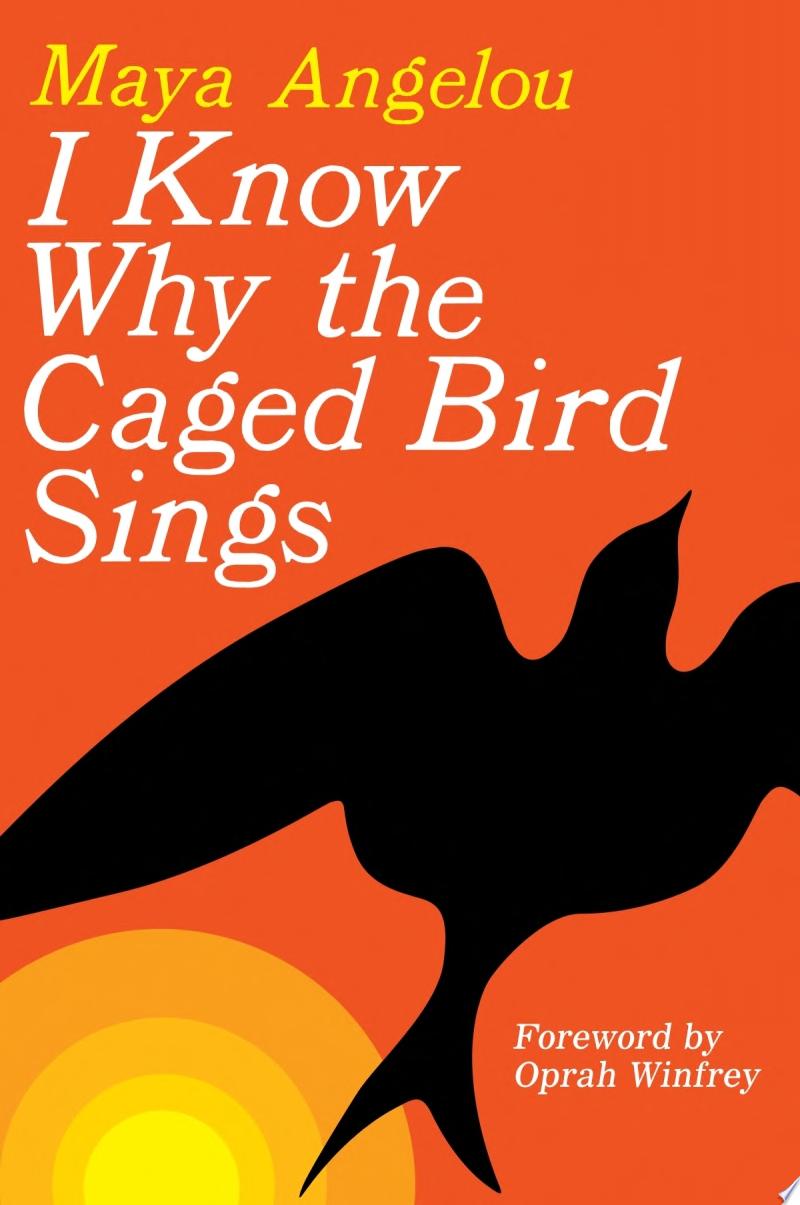NATIONAL BOOK AWARD FINALIST • A sweeping, genre-bending “masterpiece” (Minneapolis Star Tribune) exploring Black art, music, and culture in all their glory and complexity—from Soul Train, Aretha Franklin, and James Brown to The Fresh Prince of Bel-Air, Whitney Houston, and Beyoncé
ONE OF THE TEN BEST BOOKS OF THE YEAR: Chicago Tribune, The Philadelphia Inquirer, The Dallas Morning News, Publishers Weekly
“Gorgeous essays that reveal the resilience, heartbreak, and joy within Black performance.”—Brit Bennett, #1 New York Times bestselling author of The Vanishing Half
“I was a devil in other countries, and I was a little devil in America, too.” Inspired by these few words, spoken by Josephine Baker at the 1963 March on Washington, MacArthur “Genius Grant” Fellow and bestselling author Hanif Abdurraqib has written a profound and lasting reflection on how Black performance is inextricably woven into the fabric of American culture. Each moment in every performance he examines—whether it’s the twenty-seven seconds in “Gimme Shelter” in which Merry Clayton wails the words “rape, murder,” a schoolyard fistfight, a dance marathon, or the instant in a game of spades right after the cards are dealt—has layers of resonance in Black and white cultures, the politics of American empire, and Abdurraqib’s own personal history of love, grief, and performance.
Touching on Michael Jackson, Patti LaBelle, Billy Dee Williams, the Wu-Tan Clan, Dave Chappelle, and more, Abdurraqib writes prose brimming with jubilation and pain. With care and generosity, he explains the poignancy of performances big and small, each one feeling intensely familiar and vital, both timeless and desperately urgent. Filled with sharp insight, humor, and heart, A Little Devil in America exalts the Black performance that unfolds in specific moments in time and space—from midcentury Paris to the moon, and back down again to a cramped living room in Columbus, Ohio.
WINNER OF THE ANDREW CARNEGIE MEDAL AND THE GORDON BURN PRIZE • FINALIST FOR THE NATIONAL BOOK CRITICS CIRCLE AWARD AND THE PEN/DIAMONSTEIN-SPIELVOGEL AWARD
ONE OF THE BEST BOOKS OF THE YEAR: The New York Times Book Review, Time, The Boston Globe, NPR, Rolling Stone, Esquire, BuzzFeed, Thrillist, She Reads, BookRiot, BookPage, Electric Lit, The Rumpus, LitHub, Library Journal, Booklist
